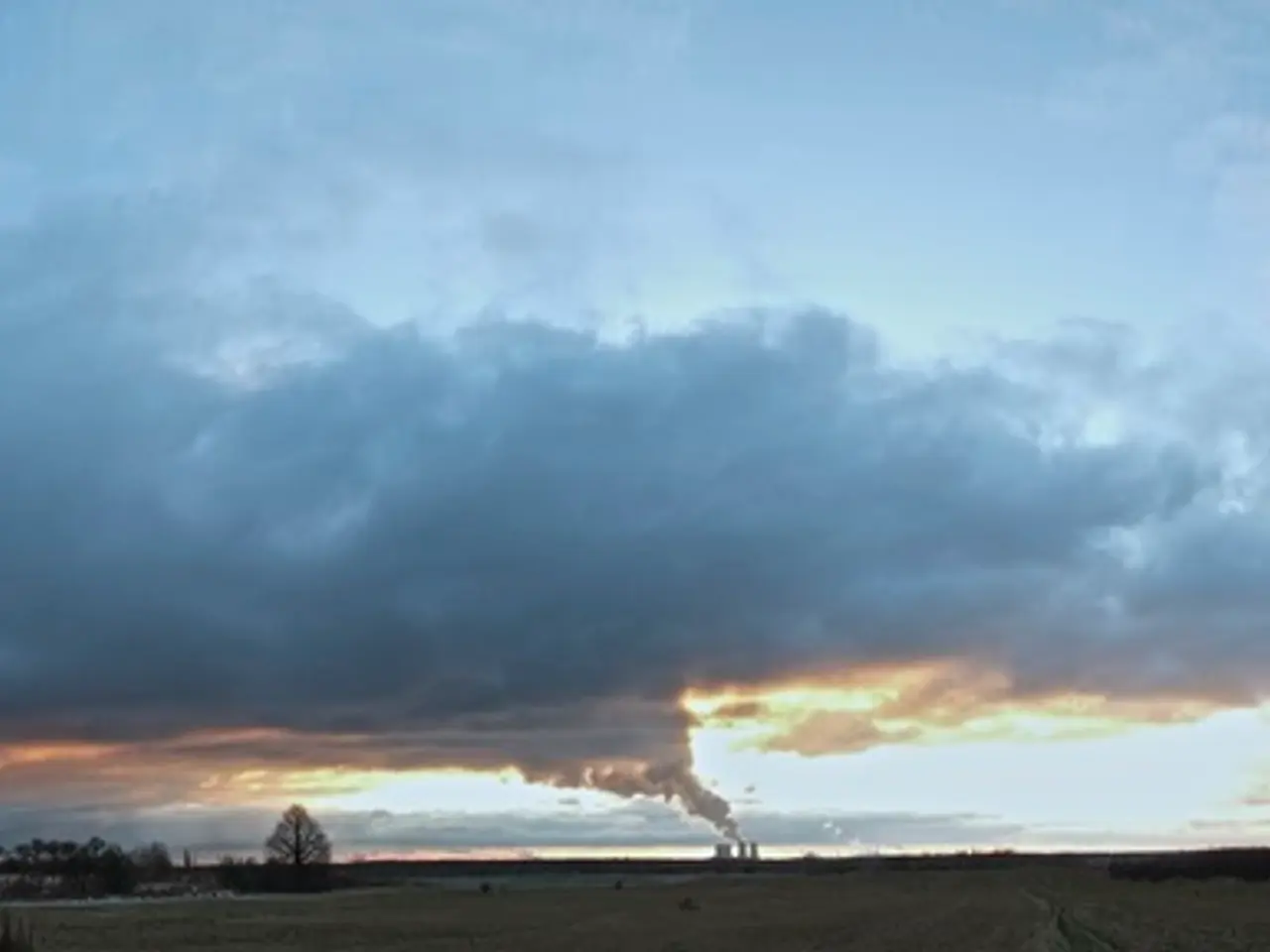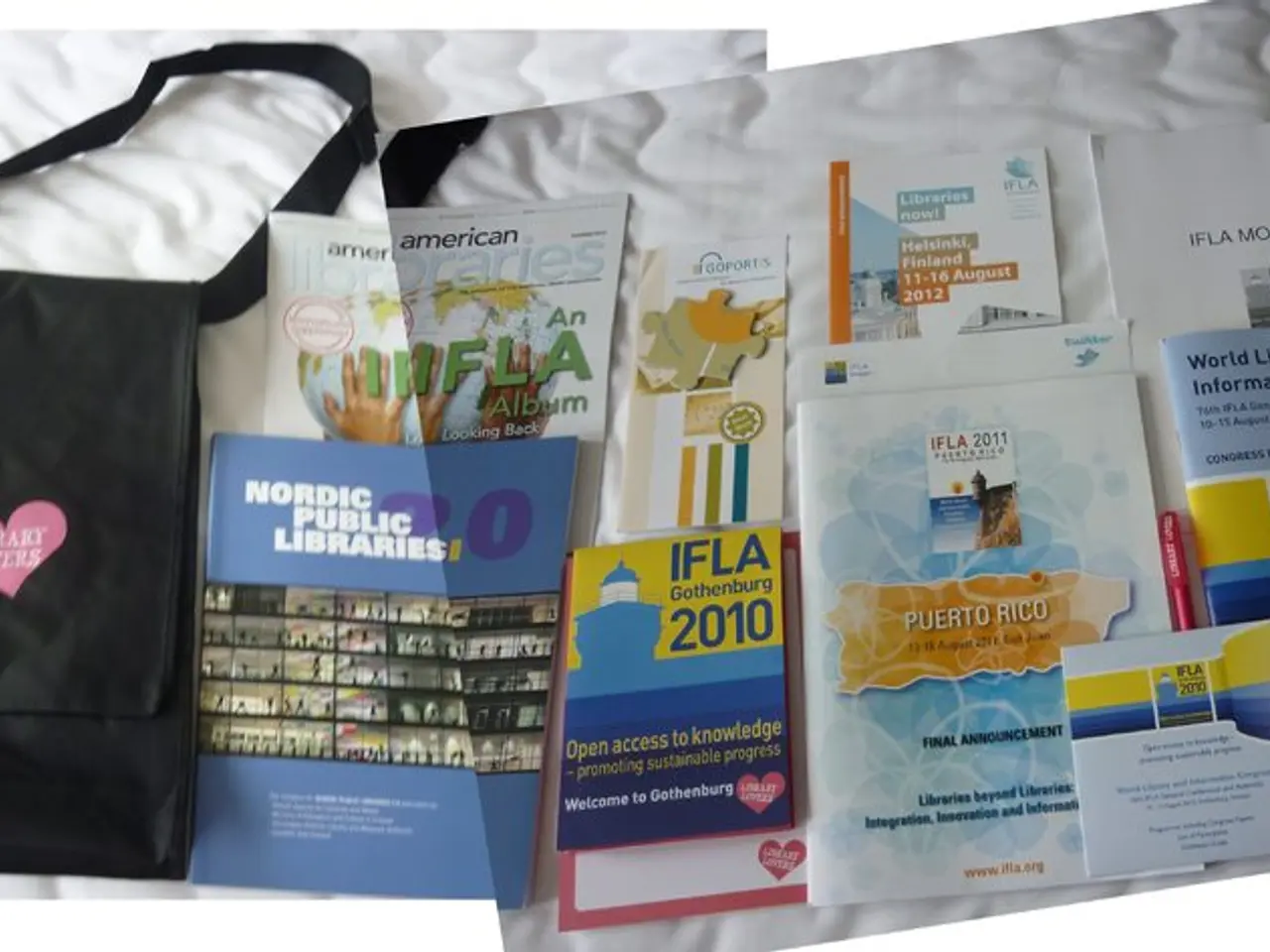Severe Tropical Storm Hits Southeast Queensland
In the face of Australia's unpredictable cyclone season, van-lifers and RV enthusiasts need to be well-prepared. Here are some key strategies to survive cyclones while living on the road.
Regularly check the Bureau of Meteorology for cyclone warnings and weather forecasts. Cyclones can develop rapidly, so timely awareness is crucial to prepare or evacuate as needed.
Emergency Kit Essentials
A well-stocked emergency kit is a must-have. Essentials include a battery power bank to keep phones charged during power outages, a hand-crank or battery-operated radio for updates when the power or internet is unavailable, a torch and extra batteries, a small first aid kit, food and water supplies sufficient for several days. This kit ensures you have critical supplies if forced to shelter in place or waiting for assistance.
Secure Your Vehicle
If possible, park your van or RV in a safe location away from flood-prone areas, large trees, or objects that could fall or cause damage in high winds. Being mobile also allows you to evacuate if authorities issue warnings.
Have an Evacuation Plan
Know the nearest cyclone shelters or safe locations and plan your evacuation route early, avoiding roads likely to flood or be blocked by debris during storms.
Communicate Your Plans
Inform someone reliable about your location, plans for shelter or evacuation, and check in regularly to maintain communication.
Understanding Cyclone Characteristics and Impacts
Review guides on how cyclones form and their effects to better anticipate risks like storm surges, flooding, and wind damage.
While specialized RV insurance may help mitigate loss or damage to the vehicle during extreme weather, personal safety and preparedness remain top priorities.
Additional Tips
- If possible, try to move away from the area where the cyclone is expected to hit the strongest.
- Ensure you have enough fuel and food for any potential disruptions caused by the cyclone.
- During a cyclone, facilities such as supermarkets, cafes, and beaches are closed, and buildings, houses, and trees can be damaged.
- If a cyclone is imminent and you can't flee, park your car somewhere elevated to protect it from flooding.
- Driving during a cyclone is dangerous due to branches, trees, or other objects flying onto the road.
Preparing for a Cyclone
To prepare for a cyclone, it's important to check the local weather forecast regularly using apps like BOM (Bureau of Meteorology) or Willyweather.
In emergencies during a cyclone, it's advisable to stay calm and follow the main points for preparation. Cyclones can bring huge waves suitable for surfing, as observed at the Sunshine Coast during Cyclone Alfred. However, it's crucial to remember that cyclones pose serious risks and should be taken seriously.
The Boxio Coo, for example, kept essential food fresh for at least two days during Cyclone Alfred, while the Boxio Toilet provided a means to use the toilet during power outages caused by cyclones. The Boxio Wash provided secure running water during cyclones, making the experience less stressful for the user.
Cities like Cairns in Queensland and Darwin in the Northern Territory are most affected by cyclones due to their tropical climate. Tourism and agriculture are the sectors most affected by cyclones.
Cyclones are classified into different categories in Australia, ranging from Category 1 to Category 5, based on wind speed. A Category 5 cyclone is an extremely strong cyclone.
In summary, surviving a cyclone in a van or RV in Australia requires staying informed, preparing an emergency kit, securing or evacuating your vehicle to a safe location, having a clear plan for shelter or escape, and maintaining communication with authorities or loved ones.
In the context of preparing for cyclones while living in a van or RV, understanding the characteristics and impacts of climate-change related events, such as cyclones, is crucial. This knowledge helps in anticipating risks like storm surges, flooding, and wind damage (Climate-change, environment-science).
Moreover, environmental science shows that cyclones pose serious risks, and van-lifers and RV enthusiasts need to be well-prepared to survive these weather events (Weather). In conversations about their cyclone preparations, it's essential to communicate plans and keep in touch with reliable individuals to ensure safety (Other).








